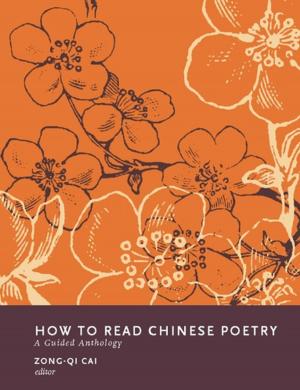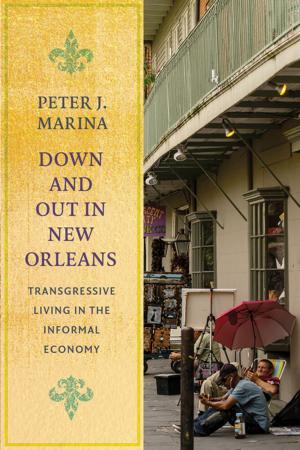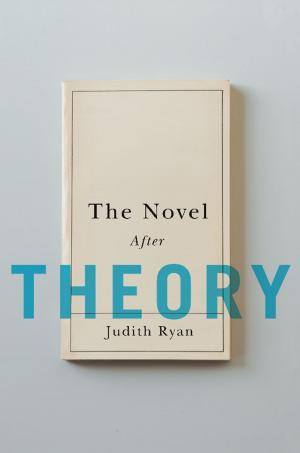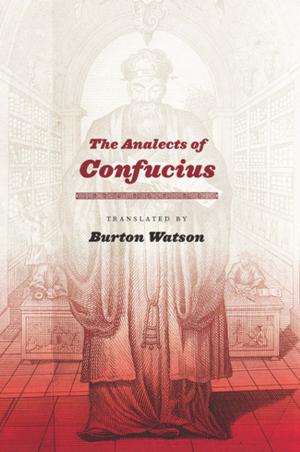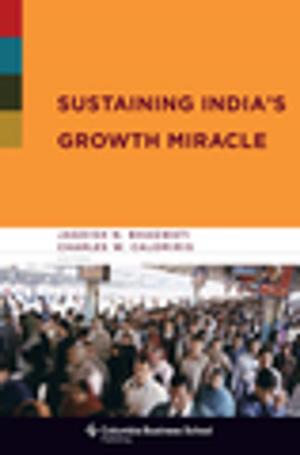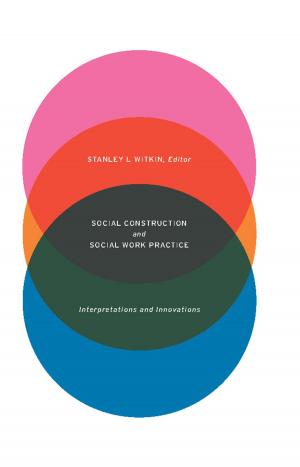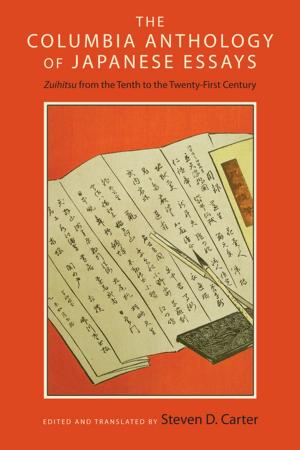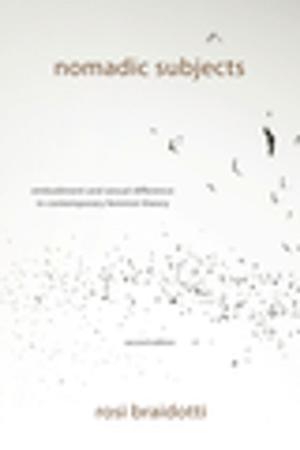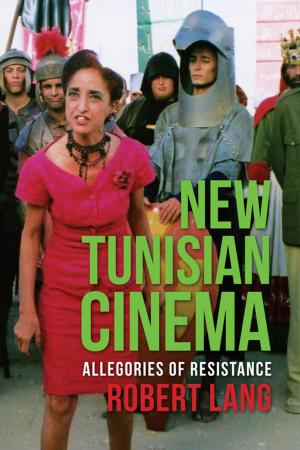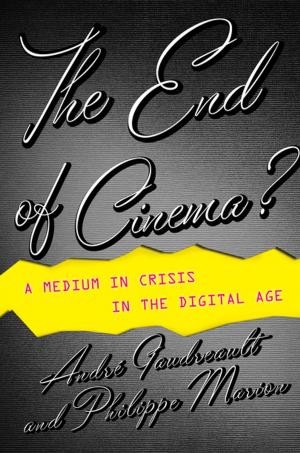Theory of Literature and Other Critical Writings
Fiction & Literature, Literary Theory & Criticism, Asian, Far Eastern, Nonfiction, Social & Cultural Studies, Social Science| Author: | Sōseki Natsume | ISBN: | 9780231518314 |
| Publisher: | Columbia University Press | Publication: | January 9, 2009 |
| Imprint: | Columbia University Press | Language: | English |
| Author: | Sōseki Natsume |
| ISBN: | 9780231518314 |
| Publisher: | Columbia University Press |
| Publication: | January 9, 2009 |
| Imprint: | Columbia University Press |
| Language: | English |
Natsume Soseki (1867-1916) was the foremost Japanese novelist of the twentieth century, known for such highly acclaimed works as Kokoro, Sanshiro, and I Am a Cat. Yet he began his career as a literary theorist and scholar of English literature. In 1907, he published Theory of Literature, a remarkably forward-thinking attempt to understand how and why we read. The text anticipates by decades the ideas and concepts of formalism, structuralism, reader-response theory, and postcolonialism, as well as cognitive approaches to literature that are only now gaining traction.
Employing the cutting-edge approaches of contemporary psychology and sociology, Soseki created a model for studying the conscious experience of reading literature as well as a theory for how the process changes over time and across cultures. Along with Theory of Literature, this volume reproduces a later series of lectures and essays in which Soseki continued to develop his theories. By insisting that literary taste is socially and historically determined, Soseki was able to challenge the superiority of the Western canon, and by grounding his theory in scientific knowledge, he was able to claim a universal validity.
Natsume Soseki (1867-1916) was the foremost Japanese novelist of the twentieth century, known for such highly acclaimed works as Kokoro, Sanshiro, and I Am a Cat. Yet he began his career as a literary theorist and scholar of English literature. In 1907, he published Theory of Literature, a remarkably forward-thinking attempt to understand how and why we read. The text anticipates by decades the ideas and concepts of formalism, structuralism, reader-response theory, and postcolonialism, as well as cognitive approaches to literature that are only now gaining traction.
Employing the cutting-edge approaches of contemporary psychology and sociology, Soseki created a model for studying the conscious experience of reading literature as well as a theory for how the process changes over time and across cultures. Along with Theory of Literature, this volume reproduces a later series of lectures and essays in which Soseki continued to develop his theories. By insisting that literary taste is socially and historically determined, Soseki was able to challenge the superiority of the Western canon, and by grounding his theory in scientific knowledge, he was able to claim a universal validity.

